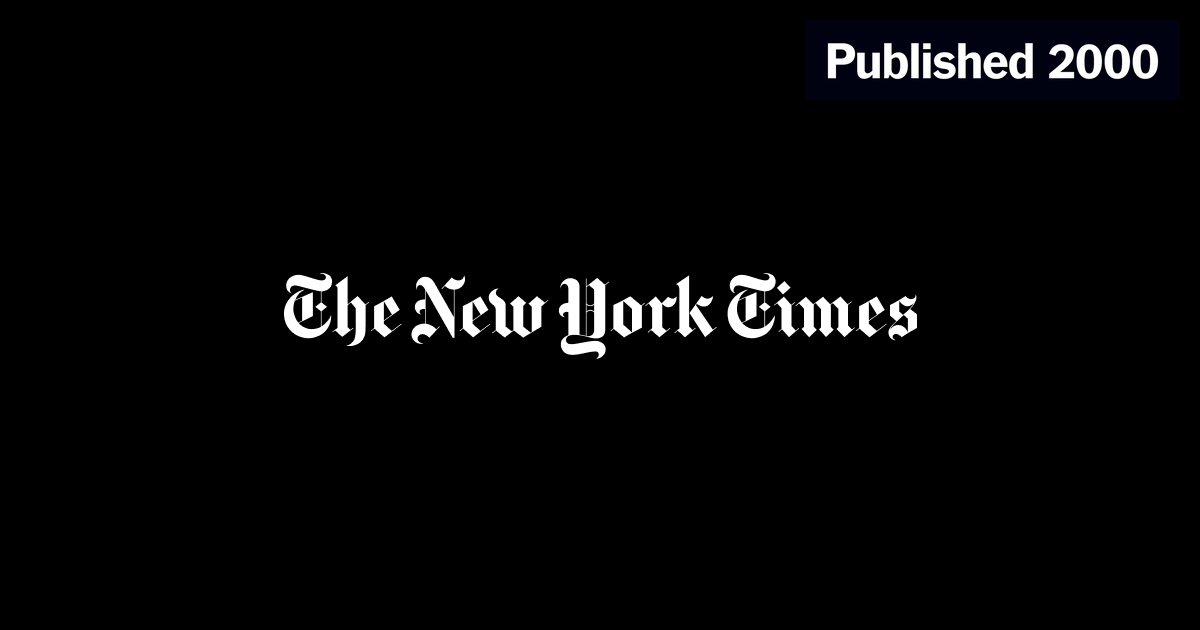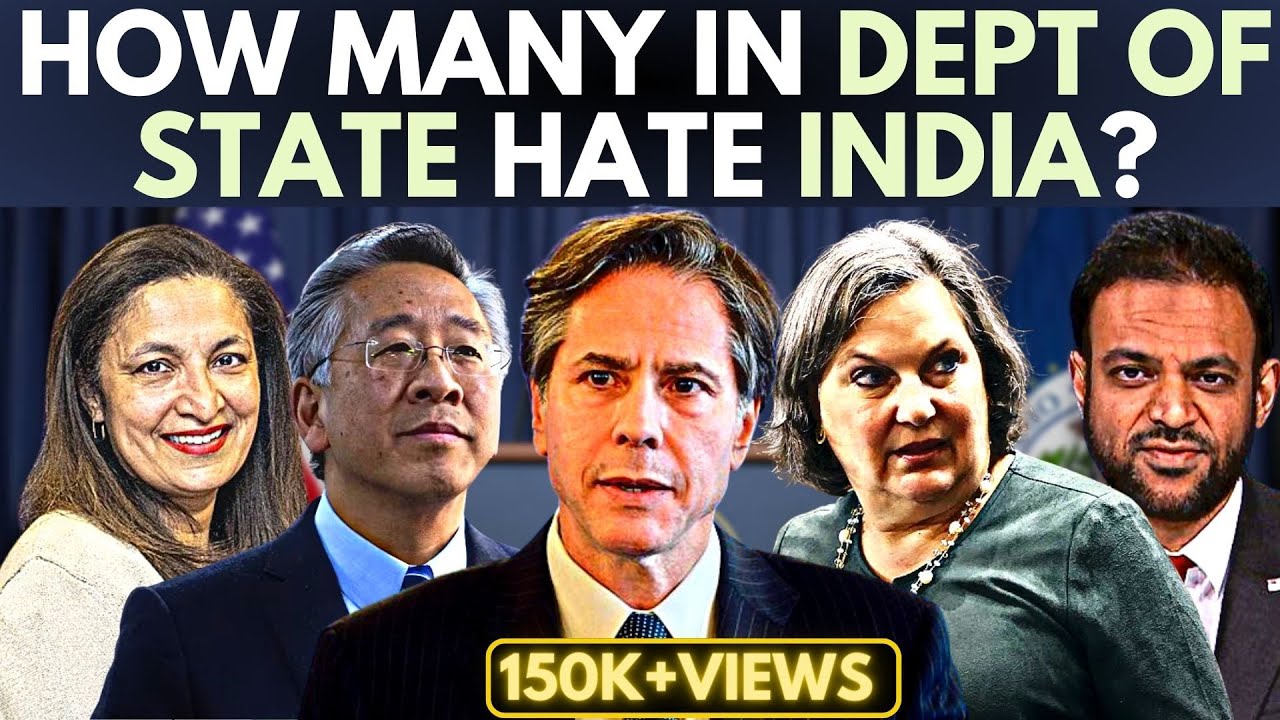mcpo117
Senior Member
- Joined
- Dec 17, 2022
- Messages
- 1,093
- Likes
- 2,262
BRI memberMongolia
BRI memberMongolia
The Americans can play safe because they know that the "evidence" that they gathered cannot be pointed as conclusive proof of something this serious, that too for a low-level thug like Nijjar. Even if presented, it would be an egg on Justin's face with nothing more than an international mockery made out of him.India is US’s friend and not an enemy
The US views India as a trusted friend and a staunch supporter in its pursuit of becoming a technological and services powerhouse. In recent times, the U.S. has come to view India as a strategic counterbalance to China. This sentiment was evident during the G-20 summit, where President Biden warmly engaged with Indian counterparts. India reciprocates by welcoming foreign investments across various industries, leading to an uptick in Foreign Direct Investment (FDI). India also agreed to repair/refurbish US warships and offer its ports for R&R for the American sailors. In return india got 80% transfer of technology to build high end jet engine and other items.
However, the relationship isn't without its challenges. Firstly, India maintains its sovereignty and doesn't act as a subordinate ally to the U.S. Secondly, the Ukraine crisis has accentuated differences in their stances. While India disapproves of Russia's actions in Ukraine, it equally remains wary of the US/NATO's intention to include Ukraine in its fold, leading it to adopt a neutral stance. On the domestic side, the decline in Christian conversions in India has drawn criticisms from Christian missionaries, which they have voiced to the U.S. administration.
Handling these multifaceted issues with India, beyond the economic realm, falls under the purview of the U.S. State Department. Indications of friction are apparent, as reflected in Secretary Antony Blinken’s recent remarks and his notable absence during Biden's G-20 visit to India.
Tensions heightened when the 'Five Eyes' intelligence alliance relayed low-level intercepts to Canada. This led to heightened scrutiny surrounding the shooting of Hardeep Nijjar, a Canadian intelligence agent. Allegations arose suggesting that Secretary Blinken and Eric Garcetti, the U.S. ambassador to India, sided with Canada, potentially jeopardizing Indo-U.S. ties. When confronted, the U.S. refrained from pressing the accusations, especially after revelations suggested frequent contact between Canadian intelligence and the victim. The professionalism of Indian intelligence was evident in their response, emphasizing their methodical approach and requesting concrete evidence, which was not provided.
Now, an evident lull surrounds this issue at the U.S. State Department, and Ambassador Garcetti has remained tight-lipped.
With the evolving geopolitical landscape in the Indo-Pacific, India stands as a significant counter to China. The mutual interests of the U.S. and India are clear: collaboration to establish a technology and manufacturing nexus in opposition to China. Their synergistic relationship is promising, with only minor disturbances like the uncorroborated Canadian allegations casting shadows.
In conclusion, while President Biden’s amicable gestures are commendable, it's imperative for the U.S. State Department to reciprocate with similar warmth to foster deeper bilateral ties.
A Requiem for the Rules-Based Order: The Case for Value-Neutral Ethics in International Relations
By Arta Moeini
The Unraveling of the Established Order
Regardless of how it eventually concludes, the Russo-Ukrainian War represents a seismic event signaling profound changes in the global landscape. The unipolar era is at its end, major countries are more concerned with their cultural sovereignty and strategic autonomy than they have been in decades, and it seems inevitable that the once-dominant Western hegemony must gradually yield to a more diverse and multipolar system.
The period following World War II witnessed the ascendancy of the United States and its allies as architects of a new international order premised on the institutionalization of Western values such as democracy and human rights. This Western-centric approach to global governance—known as the “rules-based order”—has encountered mounting challenges. China's rise, Russia's geopolitical subversiveness, and the growing assertiveness of emerging powers from the Global South have eroded Western dominance. The outcome is a more diverse world, characterized by multiple centers of power coexisting, challenging any single ideology or set of substantive values.
We live in a period we should perhaps call the Great Transition. We are witnessing the emergence of a polycentric, regionalist, and interest-based order centered around middle powers and civilizational states: These states hold historic disagreements and rivalries but are nevertheless united in rejecting a U.S.-led system, which they consider the latest instantiation of a Western exceptionalism and colonial hubris that abhors genuine difference and opposing worldviews. With peer great power China putting its weight behind this informal non-aligned axis and the non-Western economic bloc BRICS expanding to six new members including Iran, Saudi Arabia, and Argentina in 2024, trepidations have risen among U.S. and European observers as to the future of the international order they created and underwrote since 1945.
While a crux of these worries stems from questions of power and structural change—after all, no great power (certainly not one that spent more than two decades as the undisputed global superpower) looks kindly at being challenged by peer rivals—this transition also raises crucial questions about future international norms and the ethics that should underpin them. In the halls of power in Brussels, London, and Washington DC, one hears lots of talk about the threat to the “rules-based” order or the importance of a “values-based” foreign policy. According to these elites, to not protect the extant status quo and its normative framework is an inexcusable offense presaging the fall into tyranny.
The Nietzschean Perspective on Values
Ironically, there are striking parallels between how our contemporary intelligentsia has reacted to the great transition and how 19th-century public opinion came to view German philosopher Friedrich Nietzsche. Nietzsche, after all, also lived at a time of profound social transitions spawned by Modernity. With his famous notion of the “death of God,” Nietzsche resorted to allegorical language to convey what he deemed to be simply an empirical observation: that the advent of Modernity and the changes it had spawned in the West had also undermined belief in the moral frameworks of Christianity as the timeless, universal order. While playing a pivotal role in human evolution and the rise of civilizations, morality was not God-given and unchanging but the product of human communities adapting to their unique needs and distinctive circumstances. Values, according to Nietzsche, do not originate from above or from within our conscience or genes but rather are conceived bottom-up and organically according to the collective experiences of great individuals and communities.
Christianity, Nietzsche provocatively argued, was just one ethical system among many; different cultures and civilizations that espoused different substantive values would therefore engender entirely different ethics. Nietzsche's perspective on values challenges the notion of a single, universally applicable set of values for all mankind. Instead, it suggests that values are contingent upon historical, cultural, and social contexts. While Christendom had become synonymous with the West, the Western civilization was now attempting to justify its value system on a new ground—from Nietzsche’s standpoint, this was the root cause of the modern crisis that confronted the West.
Nietzsche’s critics were quick to label and disparage him as the prophet of nihilism and an advocate for moral chaos. Yet, they had missed his point entirely. Nietzsche was not championing nihilism but warning of its arrival. By providing a genealogy of morality as a human creation, he was hoping to provide his most perceptive disciples with a blueprint and the tools to master the art of ethics so as to create new normative frameworks that would resist and prevent general nihilism–-the ultimate modern malaise and the source of cultural décadence in Nietzsche’s diagnosis.
The “Death of God” and the “Rules-Based Order”"In a world where power politics leans toward diversity, we therefore need ethical principles that are premised on dialogue, tolerance, and consensus among all the major powers."
The comparison is especially salient if we consider the current rules-based order—even if this order has been underwritten by U.S. power—to be ultimately a product of the Anglo-Protestant moral culture. Nietzsche was not so much against all morality per se but a particularly ressentimental version having an external locus of behavior, which he associated with Judeo-Christianity and sought to replace (or “re-value”) with a “counter-ideal” that could encompass the range and depth of man’s ethical experience from a position of strength.
Of course, Nietzsche’s primary preoccupation was exploring the necessary conditions for culture and societal health. He was motivated by a desire to save and reanimate Europe. But his insights can be applied to international relations. The decline of the post-1945 liberal international order and its constructed “rules” does not entail disorder and permanent chaos but an alternative sort of order that places multiplicity above universality. It similarly portends a crisis of moral authority and legitimacy, on this occasion caused by the end of unipolarity and the heightening skepticism about the exceptionalism and universalist pretenses of the Western worldview. But here lies an opportunity to reevaluate the fundamental principles guiding international relations. Seen in this light, the shift towards multipolarity or polycentrism does not signal the end of international ethics but could instead herald the emergence of a novel and instrumental normative system grounded in a functional and value-neutral ethic.
Another problem Nietzsche rightly observes is that a universalist morality like the current “rules-based order” depends on enforcement and the threat of punishment. A polycentric landscape makes that top-down implementation of any one system of value practically impossible even for the great powers. In a world where power politics leans toward diversity, we therefore need ethical principles that are premised on dialogue, tolerance, and consensus among all the major powers.
In other words, we need a normative model that could fit the requirements of global cultural pluralism that polycentrism inevitably produces. A counter-vision for what is to replace our (Western) universalist conception of value must be able to accommodate cultural distinction and fundamental pluralism. A peaceful co-existence in a pluralistic world (where peace and harmony are the only intrinsic values) simply cannot accept a set of substantive values from any one civilization and find them universally binding or absolute. Achieving such coexistence, nevertheless, requires a set of general rules and principles: a system of customs and norms of conduct (Gr. Sitte) that conduce to a modus vivendi.
A Functional, Value-Neutral Ethic for Global Cultural Pluralism
In a polycentric world, cultivating a functional, instrumentalist, and value-neutral ethic is essential. This ethic prioritizes the functionality of international norms over the imposition of specific, substantive values. Rather than exporting Western-style democracy or neoliberal values, it focuses on fostering dialogue, mutual recognition, conflict resolution, and the pursuit of common interests among diverse nations.
Such an ethic, inspired by older diplomatic norms and practices that eschew compliance and coercion, acknowledges that different cultures, societies, and nations have their unique substantive values and belief systems. It does not seek to impose a single set of values but facilitates dialogue and cooperation based on shared objectives. This approach recognizes that a global diversity of worldviews and values is a reality of human life, and promoting global homogeneity and conformity can be corrosive over time, causing distrust and conflict.
The way forward in this era of global cultural pluralism lies in cultivating a modus vivendi, a way of coexisting that recognizes and tolerates differences while heeding the pragmatic need for understanding, cooperation, and stability in a complex world often facing global challenges. Derived from a new cultural realism, this modus vivendi should endeavor to discover the apposite principles that would allow it to function with less conflict: they include non-universalism, mutual respect, inclusivity, and the recognition of the rank and status of all major powers and civilizations—irrespective of their values, ideologies, or ways of life.
In such a world, international norms and rules would be based on a value-neutral ethic that creates objective protocols of engagement to facilitate communication and avoid misunderstanding. They cannot amount to the top-down imposition of a particular set of values and ideology for all to follow.
Conclusion
Our particular sense of morality in the West should not stop us from aspiring to pursue what’s both wise and right. The evolving international order, characterized by polycentrism and multipolarity, challenges the conventional Western-dominated “rules-based” order. Drawing from Nietzsche's perspective on values, we recognize that values are context-dependent rather than innate, timeless, or universal. Similarly, the decline of our ancien regime does not spell the end of international ethics. If the current transition is understood correctly, it could promise the birth of a new normative system based on a functional, value-neutral, situational, and diplomatic ethic that has its primary concern in managing reciprocal relations between world powers.
Instead of attempting to impose our values on others (no matter how good or true we think they are), we in the West should prioritize engagement with other major powers based on common interests and shared objectives. While relative power compared to neighbors will be the key determining factor in granting status to states, the U.S.-led West will nevertheless remain one of the poles in this new order. Yet to remain influential, it must adapt, foster the ethos of non-interference in realms outside of its own, and learn to treat other major states—both rivals and partners—as equals.
In sum, within the intellectual framework offered by cultural realism, we need an alternative instrumentalist and pragmatic ethic that 1) accepts the realities of power politics and spheres of interest without moralizing and projecting a Manichaean mentality upon the world, and 2) is grounded in principles that are conducive to a pluralist modus vivendi, including mutual and equal recognition, statesmanship, non-interference, humility, strategic empathy, and open dialogue.
This approach acknowledges the diversity of values in the world as an inescapable fact but harnesses it for a new equilibrium based on a balance of cultures and civilizations, not hostility or division. As we navigate the complexities of this emerging multiplex world, peaceful coexistence among all major powers—whether great or middle-tier—becomes the core intrinsic value in international relations. The key to achieving such coexistence is cultivating a global cultural pluralism that shuns black-and-white thinking and fosters tolerance. Failing to do so now could promote a spiral of exclusionary power politics and war, making a clash of civilizations and perhaps nuclear armageddon a self-fulfilling prophecy.

‘If US believed in it then US would have advised Canada caution in picking up a fight with India on a trivial issue of a known terrorist. Rather they began to plead Canada case (Sullivan, Garcetti, Blinken). Now that part has to be repaired first and Canada put into its place before any further moves.
U.S. Pursues Defense Partnership With India to Deter Chinese Aggression
Repairing American ships in Indian ports is a first step, as the U.S. military seeks to stretch out across the Indo-Pacific.www.nytimes.com
This pic is the relation of US and Canada in the Nijjer killing‘If US believed in it then US would have advised Canada caution in picking up a fight with India on a trivial issue of a known terrorist. Rather they began to plead Canada case (Sullivan, Garcetti, Blinken). Now that part has to be repaired first and Canada put into its place before any further moves.
This was probably before they joined the PRC harem.there was a time when NYT tried to be nice about India, during clinton's visit in 2000.
=======
Clinton Fever: A Delighted India Has All the Symptoms

Clinton Fever: A Delighted India Has All the Symptoms (Published 2000)
Analysis of Pres Clinton's skillful address to Indian Parliament, during which he managed to entertain, flatter and inspire much of country's political leadership, even as he tactfully told them things they would rather not have heard--including United States's disapproval of India's decision to...www.nytimes.com
How is it related to what FATF does?Lo jee FATF instead of stopping terror funding or sanctioning terrorist nations - is now going to investigate how dare India stop funding to NGOs who were engaged in nefarious activities.
View attachment 226969
They'll will just be shooting themselves in the foot if they actually decide to take any action. Russia, China and the entire Arab world has now become anti-west. They'll literally have no allies in the global south if they keep going at this rate.Lo jee FATF instead of stopping terror funding or sanctioning terrorist nations - is now going to investigate how dare India stop funding to NGOs who were engaged in nefarious activities.
View attachment 226969
They better not kill Tata WHAP
U.S. and India strike deal to co-produce Stryker armored vehicle
The new cooperation follows a joint production of GE fighter jet engine for the Indian Air Force.

All of the Above
Who in the US Department of State hates India? • Why and what should India do?
A must-watch if you want to know how Politics in the United States works. Why do some in the United States Department of State hate India? Are they personall...www.youtube.com
| Thread starter | Similar threads | Forum | Replies | Date |
|---|---|---|---|---|
|
|
India GCC Relations : News , Updates & Discussions. | International Politics | 25 | |
|
|
Ammunition and related war stores in India | Defence & Strategy | 0 | |
| V | India - Tibet relations | Foreign Relations | 9 | |
|
|
Burger boys and the India-US Relations | Americas | 1611 |
